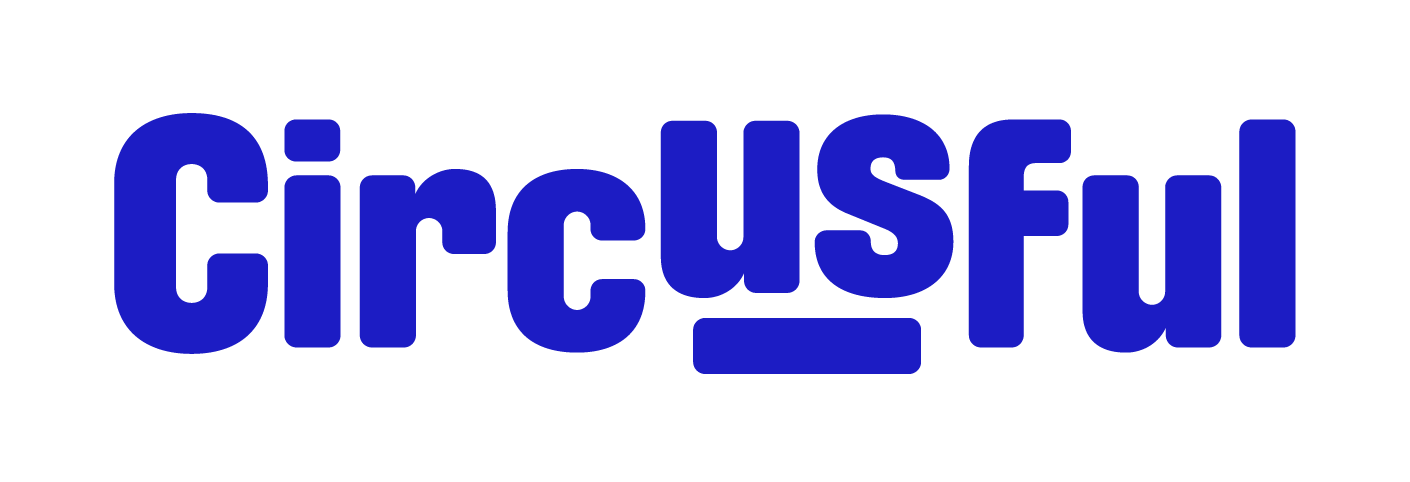
Circusful — Social circus
Circus has always had the power to bring people together, no matter their culture, language or background. The travelling circus brought dazzling performance art to people where they were, uniting rich and poor, old and young, under the canvas of the big top. Its power to break down social barriers gave two Belfast pioneers a brainwave.
It was 1985 and the Troubles were raging across a city divided by walls and mindsets. Donal McKendry and the late Mike Moloney had been trying to engage young people in theatre workshops. “The kids weren’t that interested in being ‘blades of grass’ because in the evening they were out rioting, ripping off lead roofs, throwing petrol bombs,” Donal remembers. They realised that for these kids, drama didn’t have enough challenge. They needed something that was physical, and that provided the kind of adrenaline rush they had become hooked on. And it worked.
The first Saturday circus workshops were held at Ormeau Park Recreation Centre and kids were bussed in from some of the most troubled parts of the city to learn juggling, stilt walking and acrobatics. Before long, children from opposite sides of the divide had learned to work together, cooperate and form close friendships.
Word spread fast and soon social workers were asking for workshops for children in care homes. “There were so many kids coming in from care homes, around 1988 we set up Circus 1 to 3 in St Pat’s Training School (a care home for boys) because they were people who didn’t have their own family,” Mike remembers. “They were adopted into this other family, and they achieved and were given recognition and encouragement.”
It was the beginning of a ‘social circus’ revolution which would eventually span the globe. Similar initiatives were springing up across the United States, Latin America, Europe, Africa and Asia as people discovered the power of circus as a tool for personal development and social inclusion. As pioneers of social circus, Mike Moloney and Donal McKendry were soon in demand in war-torn Bosnia. It was 1997 when a call came in from Sarajevo. “There was a person working in Sarajevo who wanted a circus group and they approached Cirque du Soleil. They said, we can’t do it but if you want somebody to help you Belfast Community Circus will help. They are a frontier circus,” they recall. “Food was important to the kids, water was important for them, just the struggle to live was important. But they loved seeing us coming.”
The Sarajevo project took place under the late Will Chamberlain’s watch. In post since 1996, he had already spearheaded social circus work in Manchester where inner city rioting had taken a toll. “I was struck by how advanced the work here was, the extent to which projects had developed and taken on their own life: Circus 1 to 3 and projects that had been going on in the Shankill. That was taking community circus to new levels as far as I was aware.”
In 2004, Will had the inspired idea of putting on a circus and street theatre festival to bring the divided city together. “We wanted to make it a place of celebration after so many years when the city centre was unsafe territory, and to declare that normality was here,” he recalled. The Festival of Fools brought in top street acts from across Europe and beyond. “You had crowds of people across all age ranges, all social class backgrounds, every religious viewpoint, different ethnic minorities – not just one slice of arts-goers or one section of society, it was everybody. And literally, the streets did echo to the sounds of people’s laughter.” That’s no small thing in a divided city.
Under Will’s stewardship, Belfast exported its unique brand of social circus all over the world, travelling to Peru, Australia, the US, Canada, Denmark and Italy. Today, it has an unrivalled international reputation and is one of the most respected community circuses on the global social circus scene.
